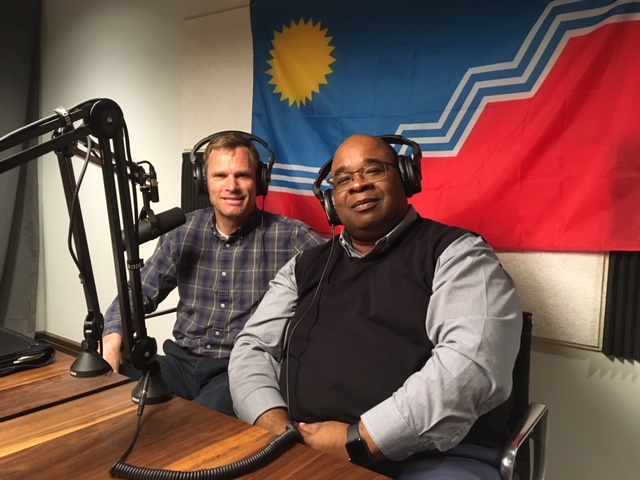
Who’s that person in your life with whom you can safely be honest and open? By safely, I mean, if you say something that shouldn’t be said, they won’t publish it to the world around you, but they will offer you correction.
My wife, Amy, is the first person who comes to my mind. Recently I was speaking with others about various religions, a subject I am passionate about. We weren’t arguing, but my voice is known to carry—louder than I think it is. I said something that wasn’t offensive to the people in my group, and in the moment, it seemed fine. Amy gave me a hard look, with her finger in front of her mouth; without words, she said, “stop talking,” or maybe it was, “shut-up!” I stopped, but it was too late. In this public setting, a person of a different ethnicity, and I’m assuming of a different religion than mine, clearly heard me, looked our direction, and walked away. I half-way saw it; my wife saw it completely. My words may have been very offensive to this other person. Ugghhh, I felt bad.
I hope we can all have people, like my lovely wife, who speak honestly and openly to us, because they love us, because they care about us improving ourselves, because they know that words and actions can hurt others, and because in the moment, as we are perhaps passionate about something, we aren’t hearing ourselves. Unfortunately, people don’t often say something when others would really be helped by it, unless it’s someone close to them, like a spouse, another family member, or a mentor. Others don’t say something because it may be too personal, or it may cause unwanted conflict or drama.
Jesus often cared enough to say something for a group of twelve ordinary men—his disciples. They sometimes said ridiculous things, and they reacted impulsively. Upon hearing of Jesus, who was from Nazareth, Nathanael blurted out near Jesus, “Nazareth! Can anything good come from there?” Brothers James and John asked Jesus if he wanted them to call fire down from heaven to destroy some people who were not welcoming. Peter cut off the ear of a man in defending Jesus, against Jesus’ will. A few hours later, as he was afraid, Peter denied knowing Jesus. Still, Jesus stuck with them, and he corrected them; he didn’t let them unknowingly wallow in their idiocy. They were being prepared to begin, and to lead, the Church.
I took up the subject of racial insensitivity, and specifically the use of the term “blackface,” with my friend and colleague, Pastor Dwayne Williams. Listen to our podcast episode, A Need for Honest Discussion, and Grace, which comes out on July 10. It’s one of those subjects about which I am ignorant, and vulnerable. In those situations, you’ll find Dwayne to be one of the people you want in your corner.
Thought questions: Who is that safe person for you, with whom you can speak vulnerably, and know that at times they might correct you? By the way, how do you receive correction, and criticism?